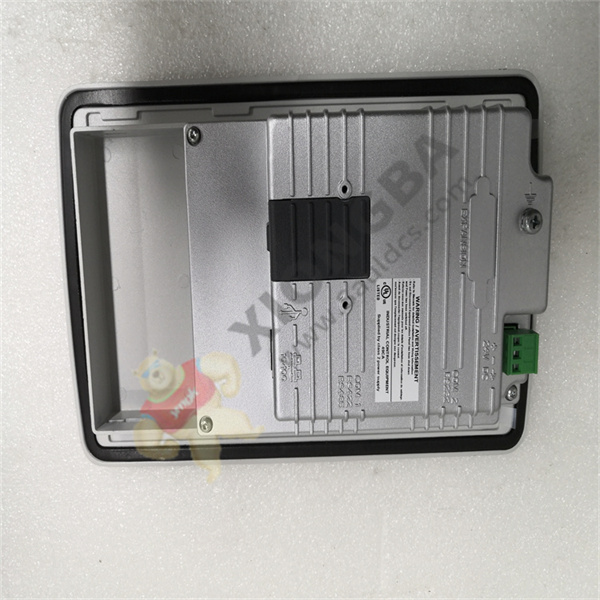For producers in the life sciences industry, maintaining compliant production environmental conditions over time is key to ensuring consistent product quality. In order to meet the requirements of the production regulations, the plant’s control system must be flexible when dealing with the dual challenges of changing production conditions and maintaining GMP parameters. The substandard production environment caused by untimely response will not only affect the production and listing of products, but also increase the risk of product recall, increase energy and cost, and affect the reputation of enterprises. In addition, the production process involving some toxic chemicals can even threaten the lives of workers.
Schneider Electric’s advanced analytics capabilities based on the EcoStruxure™ platform provide continuous real-time monitoring of production equipment. With the introduction of artificial intelligence (AI) technology, the platform also enables real-time performance analysis of production equipment, forming a coherent maintenance mechanism to prevent problems during the production process. Schneider Electric’s BMS Building management system and EMS environmental monitoring system solutions provide an open, secure and scalable architecture that significantly improves operational efficiency.
BMS building control system: to control the industrial air conditioning unit, according to the different actual conditions in summer and winter, to achieve the stable control of the entire pharmaceutical factory storage environment and drug production environment.
EMS environmental monitoring system: Monitor the key production areas and equipment environment, real-time view the environmental temperature, humidity and environmental pressure difference of the drug production area, and achieve the data integrity of the production environment record.
Risk two: Maintaining the hardware infrastructure

PP826
The significance of operational efficiency to industrial enterprises is self-evident. In the life sciences industry, efficient operations require a strong production infrastructure and a stable power supply. Once power outages or power rationing occur, the sterile environment of drug production will be destroyed, causing quality biases and increasing overall production costs. The aging of infrastructure also increases the risk of similar failures. In addition, the loss of important data due to failures and outages of IT facilities can also compromise productivity and management effectiveness.
Schneider Electric has noticed that more and more companies in the life sciences industry are looking for smarter solutions to maintain and modernize mass production equipment. Adopting a solution for asset operational efficiency management is undoubtedly a key step in reducing the risk of failure.
Smart grids can dramatically increase flexibility, and the Schneider Electric EcoStruxure microgrid allows operators to design and manage systems with security of power supply in mind.
Digital twins provide a range of real-time insights that improve quality, performance, productivity and energy efficiency. When used in conjunction with iot factory and device data, digital twins can transform static representations into dynamic real-time simulations enhanced by intelligent real-time data.
Equipment predictive maintenance: Based on vibration mechanism + mathematical model equipment fault prediction and diagnosis system, combined with process mathematical model fault diagnosis tool, can not only help users diagnose mechanical aging and wear problems, but also diagnose electrical faults or equipment failures caused by process changes.
Remote management and digital tools: Virtual reality (VR) and augmented reality (AR) are increasingly being used in facilities and production. For example, Schneider Electric’s EcoStruxure Augmented Operator Advisor allows operators and technicians to diagnose and access plant data remotely without having to inspect machinery, robots or control boxes on-site
Risk 3: Ensure compliance with production processes
Drug quality is related to people’s livelihood and safety. In order to achieve compliance goals, pharmaceutical companies must effectively monitor various environmental factors that may affect product quality during the production process, while ensuring the integrity of monitoring data in response to increasingly stringent regulatory measures by relevant authorities. Due to human error, network security loopholes and other reasons caused by incomplete data, resulting in failure to meet regulatory requirements and other situations are common, enterprises not only suffer huge economic losses, but also face penalties from regulatory authorities, seriously endangering the credibility of enterprises.
Schneider Electric believes that the digitization of processes can help reduce the risk of non-compliance while avoiding significant revenue losses for life sciences companies. Through a series of flexible digital solutions such as ESOP workflow management System, MES Manufacturing execution system and AVEVA™ PI System big data management platform, we can match the various needs of different customers, ensure data security and realize the automation of data entry in each link, effectively helping enterprises to ensure product quality.
 中文版
中文版




